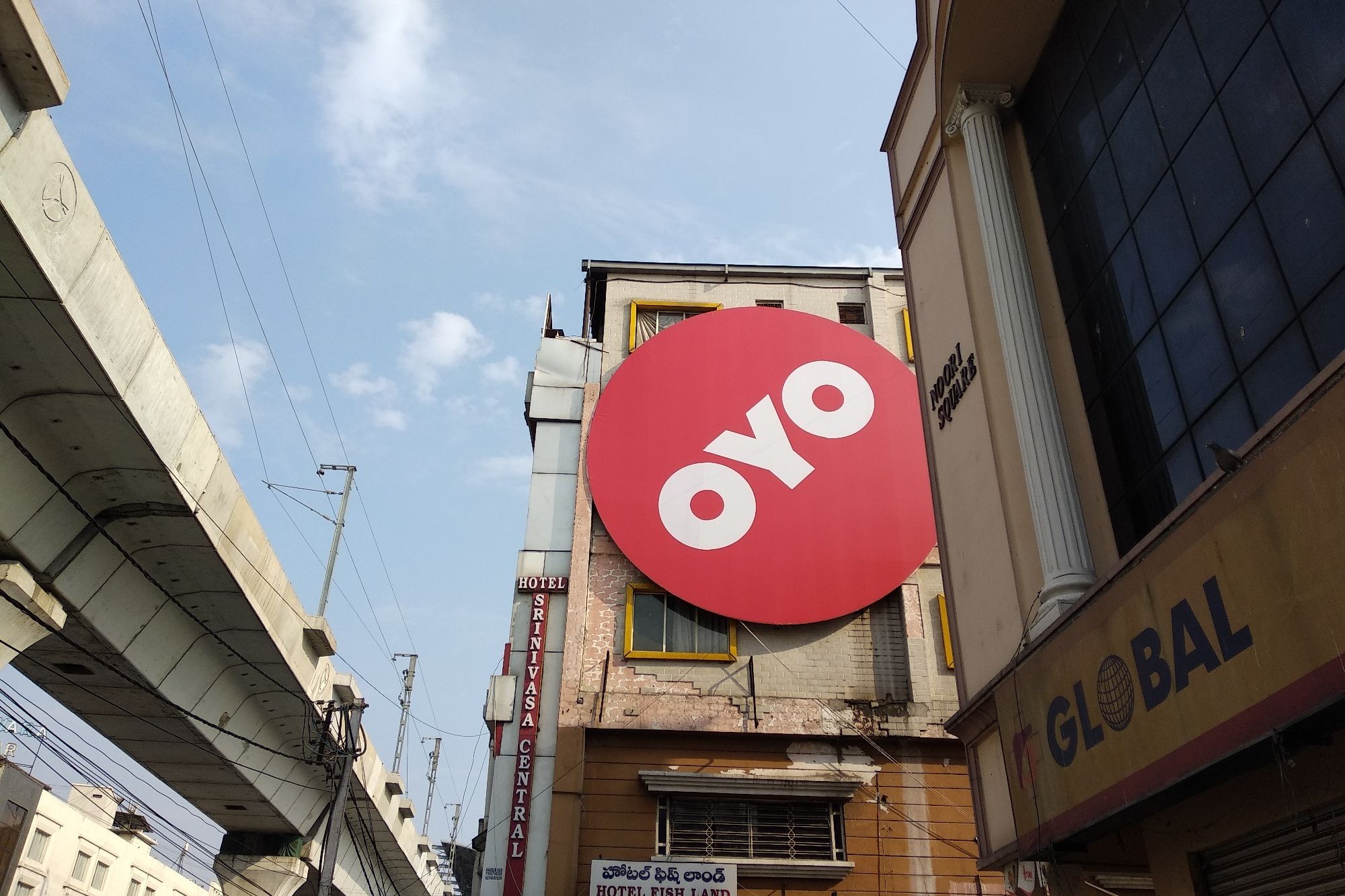Decoding The Global Wings Gone are the days when global expansion was possible for only the likes of Tatas and Ambanis
Opinions expressed by Entrepreneur contributors are their own.
You're reading Entrepreneur India, an international franchise of Entrepreneur Media.

Global expansion used to be a cup of tea for the Ambanis, Tatas and Birlas until we witnessed the emergence of Indian unicorns like Ola and Oyo, which opened a whole new world of opportunities for the Indian start-up ecosystem. Today, a larger consumer class and rapidly improving connectivity has eased the Indo-global relations, thereby giving room to the emerging start-ups. According to NASSCOM, India is the breeding ground for over 4,200 start-ups out of which 2,468 almost are spreading their global wings.
Today, entrepreneurs like me are more ambitious to make a difference than ever before. I believe problem solving, that too internationally is happening for the very first time in our ecosystem," says Ritesh Aggarwal, Founder and CEO, Oyo Rooms. The 24-year-old entrepreneur shares that he had to overcome a lot of hurdles when he embarked on his entrepreneurial journey. Sharing his experience, he says, "Persistence is the only key to survive in adverse situations and tough global markets. Malaysia was our first international launch and we had a belief that low-cost, good experience is a global problem. We knew, in the process, we will see hardship but made a promise to ourselves that we won't shut the shop. The internet may have democratized access, but often Indian companies face the challenge of getting known abroad. They face strong inertia from the companies they target. They will face some resistance and we advise them to be patient."
Walking on those lines, Leo Sebastian Mavely, develops a critical wound care product, a globally standardized Axiostat — an adhesive sterile, single usage non-absorbable wound care. He explains, "I never thought of different markets but as a collective requirement of the world in our innovation. Every day, 8 out of 10 people die out of bleeding globally." The global journey was initiated after his product got an approval in Europe, which caught international attention. Battling the age-old mindset of unregulated and substandard India products, both Mavely and Agarwal think this to be a transitional phase for the Indian start-up ecosystem. "Now, the global audience is hungry and welcoming at the same time, accessing the ease of global business," Agarwal says.
Similarly, for Cron System's Tushar Chhabra, who manufactures a system integrator, which provides heat sensing smart transmitters. "Within a day, we install a set of transmitter-receiver poles that has an eight hour battery backup in case of emergency power cut offs," explains Chhabra. His global approach came as a result of serving his first major project with the Indian Army. "Indian soldiers used the same technology from an Israeli start-up but their issues were not addressed," simplifies Chhabra.
Oyo room's Agarwal also expresses the urgency of product customization basis global audience, "We should keep evolving our business plans. Being visionary for your product or innovation helps you keep a global approach from the start," expresses Agarwal. Much like him, "I visit every border from India to Kenya to understand their requirement and accordingly personalize product," Agarwal asserts. Similarly for Mavely, "Keeping a flexible approach in terms of customizing variants is tremendously helpful to scale globally. Though we built a standard product, but basis country and customer centric requirements, we develop variants like anti-nose bleeding and cardio-vascular stat etc."
The next step was to align the team. "Oyo's success is completely team driven. Different teams handle different countries and their issues, so that their focus never deviates. A team can make or break a start-up especially at this juncture!" exclaims Agarwal. On that note, Chhabra adds, "To be able to produce the requirements, one cannot make a standard product. Different weathers and geographies require sensors," The criteria, thereby, makes it mandate for him to fly to different borders and solve their security solutions.
Today, Mavely's solution has decreased mortality rates of global customers by 60 percent. Not just that, in India, Mavely has helped the Indian Army in significantly decreasing its mortality rate to 25 per cent. Now, with a whopping 300 percent annual growth, Axio Biosolutions is helping the US security forces beside 12 other countries. Likewise, growing extensively, Chabbra has secured 14 km international borders while securing every terrain of India.










